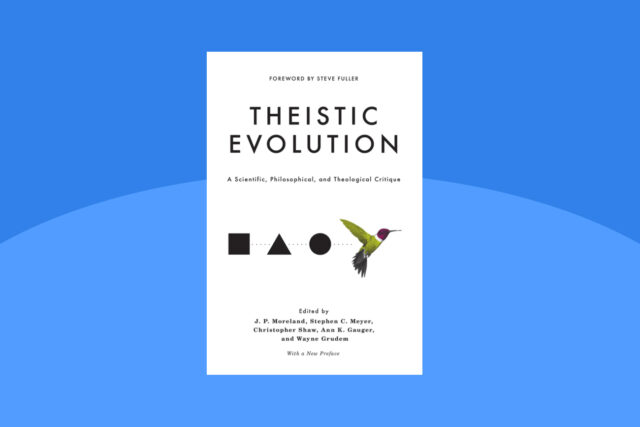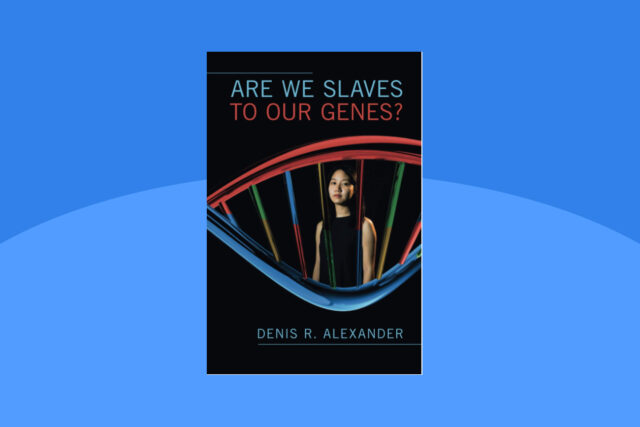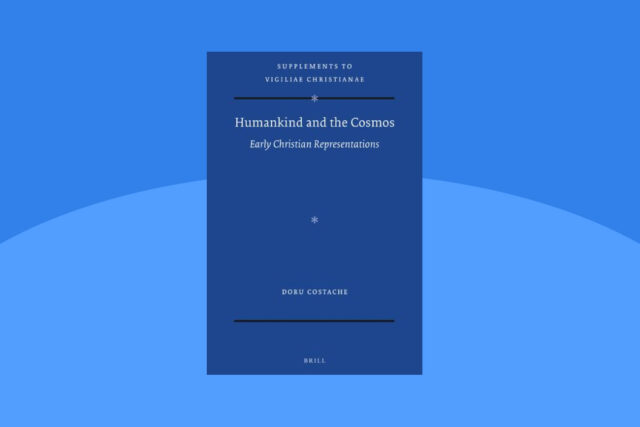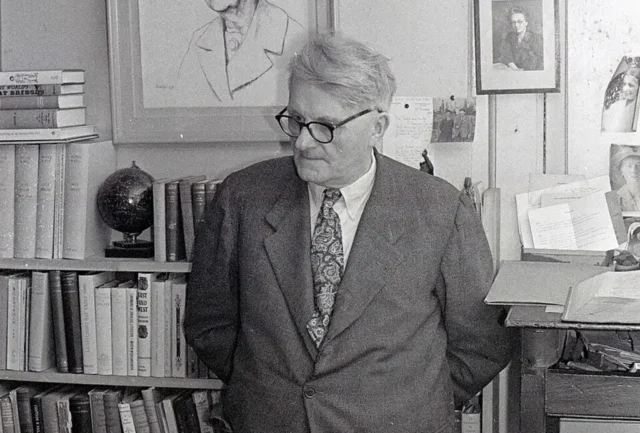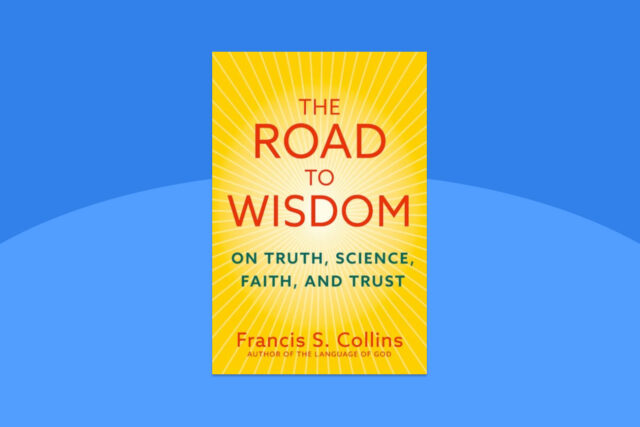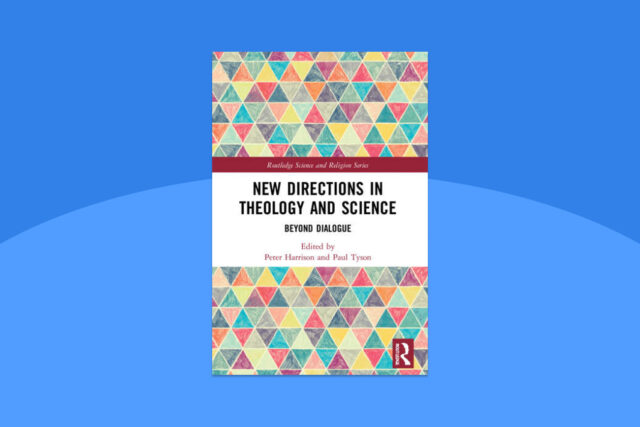

Guilty feelings don’t seem to result in good behaviour. Similarly, intellectual knowledge about morality, ethics, and virtue hardly correlates at all in the general population with other aspects of moral functioning.
In the latest CPOSAT journal article, Fraser Watts discusses the concept of computational-level cognitive architecture (ICS) and how computational theories for acquiring human virtue can be utilised for training AI to embody values like virtue.
Spanning the domains of psychology, theology, philosophy, and technology, Watts’ article examines what “human virtue” encompasses.
Developing a “computational theory of the acquisition of virtue, with all the rigour and precision that would bring to understanding this topic of human significance,” requires first understanding human virtue and the relational intelligence required for it, in detail.
Read the article on the Christian Perspectives on Science and Technology site here.

